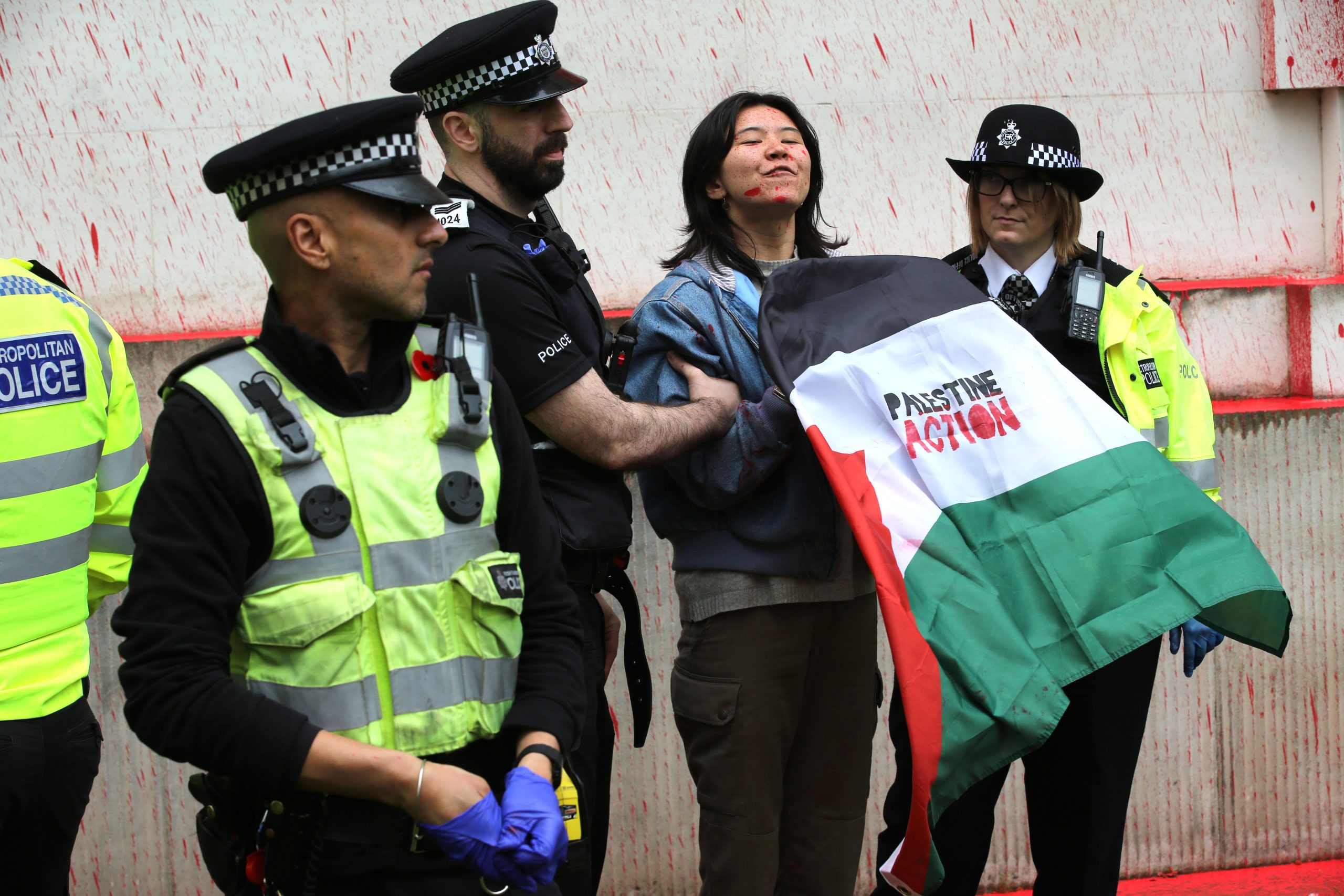The CNTE teachers’ union called a 48-hour strike in southeastern Mexico, paralyzing traffic for hours in the states of Chiapas and Oaxaca.
CNTE, or Coordinadora Nacional de Trabajadores de la Educación, is a teachers’ union in Mexico founded in 1979 as alternative to the mainstream Sindicato Nacional de Trabajadores de la Educación (SNTE) by teachers of the SNTE in the poorer, southern states of Mexico.
In Chiapas, estimated 80,000 teachers participated in the first day of the strike, which was marked by a demonstration in the capital, Tuxtla Guitérrez. Teachers from CNTE local sections marched on the governor’s office, where they held a rally.
The strike turned violent in Tabasco, where the police used tear gas against the strikers and detained female teachers. It was reported that several children were victims of tear gas.
The teachers’ union is demanding the creation of a nationwide negotiation table to address the union’s labor, legal and political concerns. The union claims that the 2013 neoliberal reforms of Mexico’s education system are the source of problems in educational system.
The reforms are said to weaken the teachers’ union. Critics also say the changes could signal the start of the privatisation of education in Mexico. The teachers say a solution lies in the complete repeal of the reforms, as well as the reinstatement of 586 CNTE members that have been dismissed throughout the country.
The list of demands includes the safe return of the 43 missing students from Ayotzinapa and justice for the relatives of the teachers slain during the Nochixtlán massacre of 2016.
The Oaxaca union local explained on social media that the 48-hour round of protests was a result of the “stubbornness” of President Enrique Peña Nieto and of his Interior and Public Education secretaries, Alfonso Navarrete Prida and Otto Granados Roldán.
This week’s protests are the first of two planned for this month. On April 30, the union will stage a 72-hour strike to be followed by a larger walkout scheduled to start in late May and with no end date set.
source: Reforma








